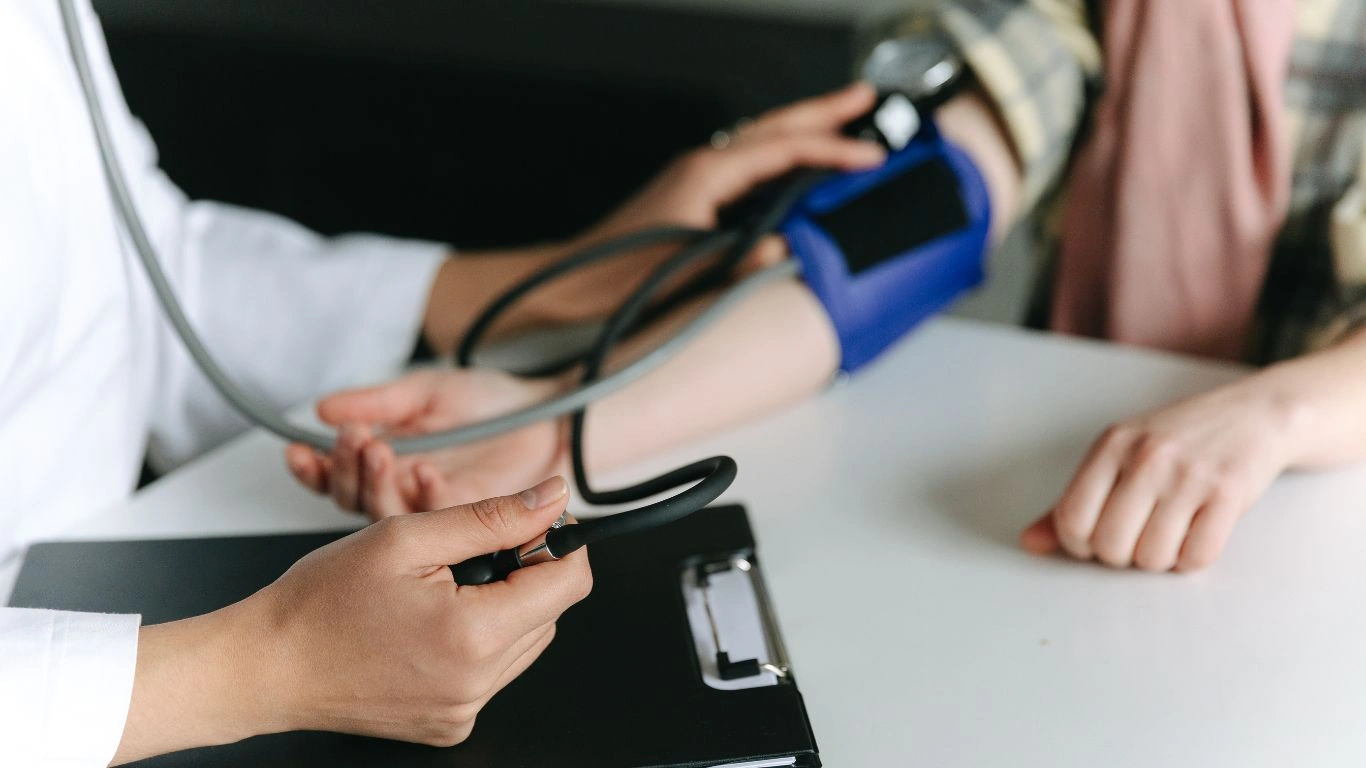How Exercise Timing Affects Blood Pressure Levels
Exercise is a powerful tool for managing blood pressure, but did you know the time of day you work out can actually make a difference? Whether you’re an early riser or more of a night owl, the timing of your workouts might impact your blood pressure levels in ways you might not expect. Let’s dive into how when you exercise could change the game for your heart health.
The Basics: How Exercise Affects Blood Pressure
Before we get into timing specifics, let’s quickly touch on why exercise is so good for blood pressure. When you engage in physical activity, your heart gets a good workout, too. Over time, regular exercise can help reduce the risk of high blood pressure by improving the elasticity of your blood vessels, strengthening your heart, and boosting circulation.
Now, exercise lowers both resting systolic and diastolic blood pressure (the top and bottom numbers in your blood pressure reading) by improving the efficiency of your cardiovascular system. It’s the kind of “muscle memory” for your heart that helps it pump blood more easily, reducing overall stress on your arteries.

Does Timing Really Matter?
It’s common knowledge that working out generally has short-term effects on blood pressure (like lowering it immediately after exercise), but the long-term benefits are key for managing hypertension. So, if exercise helps with blood pressure overall, does the time of day matter?
Morning Workouts: The Early Bird Advantage?
Many people prefer to exercise in the morning, and if you’re one of them, here’s some good news: early workouts might offer special benefits for blood pressure management.
Research has shown that exercising in the morning can help regulate blood pressure throughout the day. For example, a study published in Hypertension found that morning exercise helped reduce blood pressure more effectively in the long run compared to exercising later in the day. This could be because your body is more likely to be in a “fasted” state, and exercise on an empty stomach can increase fat-burning and improve cardiovascular health.

Morning workouts might also help kick-start your metabolism, boost your energy for the day, and contribute to a more consistent, lower blood pressure level as you go about your daily activities. A brisk walk or a jog in the morning could help keep that morning spike in blood pressure from turning into long-lasting elevated levels.
Afternoon and Evening Workouts: Are They Less Effective?
You might be wondering if working out in the afternoon or evening is a bad idea for your blood pressure. The good news is that, while it might not give the same long-lasting effects as morning exercise, it’s still beneficial.
In fact, some studies suggest that your body’s ability to handle intense physical activity is better later in the day due to increased body temperature and muscle flexibility. As the day goes on, you might also feel more energized and mentally alert, making it a good time to push yourself during your workout.

However, the impact on blood pressure could be different compared to morning workouts. A study in The Journal of Hypertension showed that exercising in the afternoon or evening may reduce blood pressure in the short term but doesn’t seem to have the same lasting effect throughout the night and next morning.
The Role of Intensity and Type of Exercise
Timing is important, but so is the type of exercise you’re doing. High-intensity interval training (HIIT), for example, can give you a short-term blood pressure boost that might last several hours, regardless of the time of day. On the other hand, more moderate activities like walking, swimming, or cycling tend to have a more stable long-term effect, lowering blood pressure gradually.
If you’re specifically trying to manage hypertension, consistency in your workout routine is far more important than worrying too much about whether it’s morning or night. The real secret is finding a time that works for you and sticking with it!
How Sleep and Stress Factor In
Another aspect to consider when thinking about when to work out is how your exercise timing affects your sleep and stress levels. Late-night exercise, especially high-intensity workouts, could potentially interfere with your sleep quality, making it harder for your body to fully recover. Poor sleep has been linked to higher blood pressure over time, so if you tend to have trouble falling asleep after a late workout, you might want to shift your routine to earlier in the day.
On the other hand, morning workouts could help reduce stress early, giving you a more relaxed start to the day. This can have a positive effect on blood pressure, especially for people who experience stress spikes during the day.
Can You Mix It Up?
If you’re unsure about whether morning or evening workouts are better for you, it’s totally fine to switch things up. Some people find they do better with a morning workout a few times a week, while others prefer evening sessions for maximum performance. Listening to your body and paying attention to how different times of day make you feel can be a good approach. Consistency matters more than timing, so pick a schedule that you can stick with.
Tips for Managing Blood Pressure Through Exercise
- Aim for consistency: Whether it’s a morning jog or an evening yoga session, try to stick to a routine. Regular exercise, regardless of the time, is key to managing blood pressure.
- Focus on duration and intensity: Aim for at least 150 minutes of moderate exercise or 75 minutes of vigorous exercise per week.
- Track your blood pressure: If you’re working on lowering your blood pressure through exercise, keep track of how your blood pressure responds at different times of the day. It’ll help you fine-tune your routine.
- Consider your overall lifestyle: Sleep, diet, and stress levels all impact your blood pressure too, so don’t forget to take a holistic approach.
Appendices
FAQs
- Can exercise lower my blood pressure right away?
Yes! Physical activity, even for just 30 minutes, can lower blood pressure for several hours after the workout.
- Is it better to exercise before or after meals for blood pressure?
Exercising after meals can sometimes be harder because your body is focusing on digestion. If you can, exercise at least an hour after eating for the best results.
- Does intensity matter for lowering blood pressure?
Yes! High-intensity exercise can lead to a greater reduction in blood pressure during the workout, but moderate exercise has longer-lasting benefits.
- Should I exercise in the morning if I have high blood pressure?
Morning exercise may help reduce blood pressure more effectively throughout the day, especially if it’s part of a regular routine.
- Can late-night exercise raise my blood pressure?
Exercise close to bedtime could temporarily raise blood pressure, especially if it’s vigorous, and may interfere with sleep.
References
- Hypertension. “The Effect of Morning Exercise on Blood Pressure.” 2023.
- Journal of Hypertension. “Timing of Exercise and Blood Pressure Control.” 2022.
- American Heart Association. “Exercise and Blood Pressure: What You Should Know.” 2024.
Disclaimer
The information provided in this article is for educational purposes only and should not replace professional medical advice. Always consult a healthcare provider before making any changes to your exercise or health routine, especially if you have existing health conditions like hypertension.

Dr. Gwenna Aazee is a board-certified Internal Medicine Physician with a special focus on hypertension management, chronic disease prevention, and patient education. With years of experience in both clinical practice and medical writing, she’s passionate about turning evidence-based medicine into accessible, actionable advice. Through her work at Healthusias.com, Dr. Aazee empowers readers to take charge of their health with confidence and clarity. Off the clock, she enjoys deep dives into nutrition research, long walks with her rescue pup, and simplifying medical jargon one article at a time.






